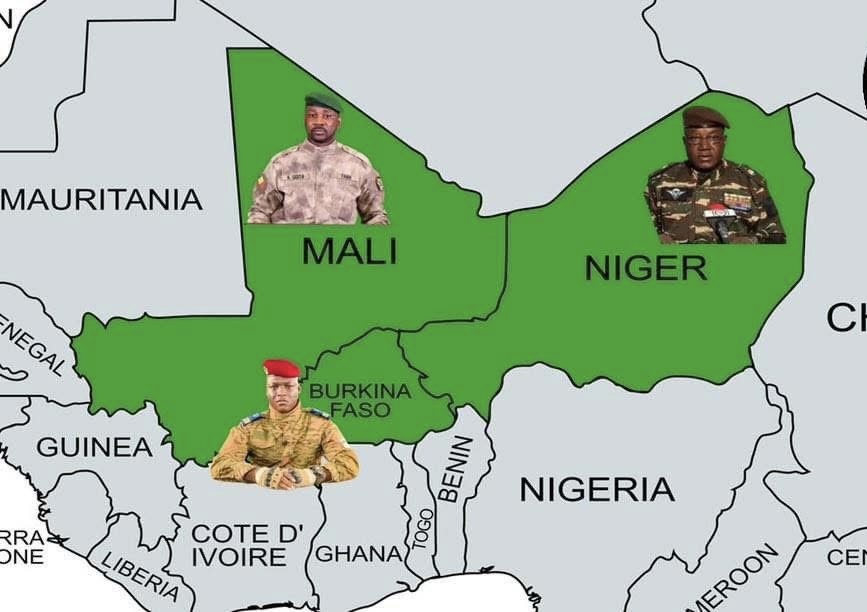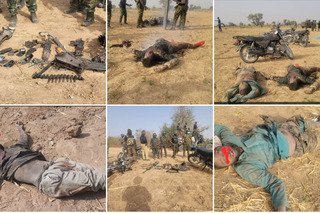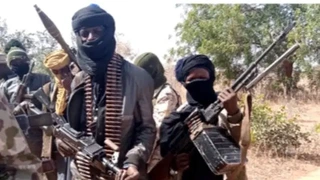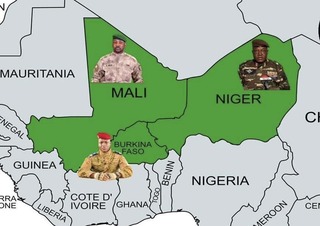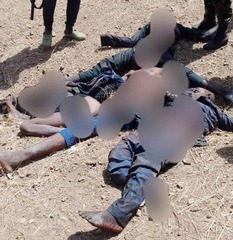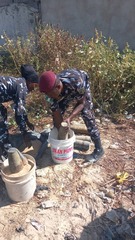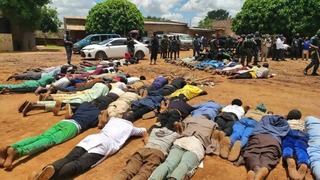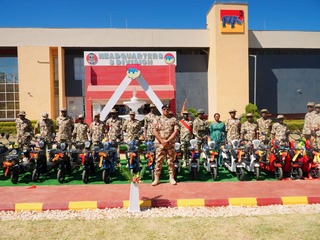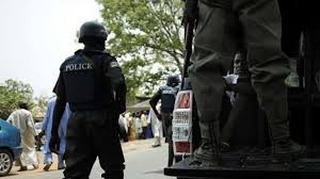Niger, Mali strengthen cooperation to secure vital Gao-Labbézanga corridor
By: Zagazola Makama
The Armed Forces of Mali (FAMa) and the Armed Forces of Niger (FAN) have intensified cooperation to secure the strategic corridor linking the two countries, particularly the Gao-Labbézanga axis, a vital route for the transport of fuel and food supplies.
Since May 2025, the Gao Military Command has deployed escort arrangements to protect convoys of fuel tankers and supply trucks from Niger. The initiative seeks to counter persistent threats from armed groups that frequently target transporters and critical logistics infrastructure in the region.
This week, a major joint operation was carried out at the Niger–Mali border, where the FAN handed over escort responsibility to FAMa for a convoy of 30 fuel tankers from Niger.
The development came just days after a similar operation involving food supply trucks, underscoring the urgency of sustaining the flow of essential commodities to northern Mali. Gao and other towns in the region rely heavily on fuel and food supplies transiting through Niger, and any disruption would endanger both local economies and fragile social stability.
Malian authorities welcomed the cross-border collaboration, noting that it aligns with broader security coordination under the Alliance of Sahel States (AES). Officials said the joint operations reflect the shared determination of Niamey and Bamako to address security and economic challenges in a concerted manner.
For local populations, the escorted convoys represent more than just military action; they offer hope of reduced hardship and a gradual return to normal life. However, authorities stressed that significant challenges remain, calling for sustained vigilance and long-term investments in securing infrastructure.
According to observers, the initiative sends a strong message that, despite insecurity and regional tensions, solidarity and cooperation remain crucial tools for strengthening resilience and ensuring continuity of vital services in the Sahel.

